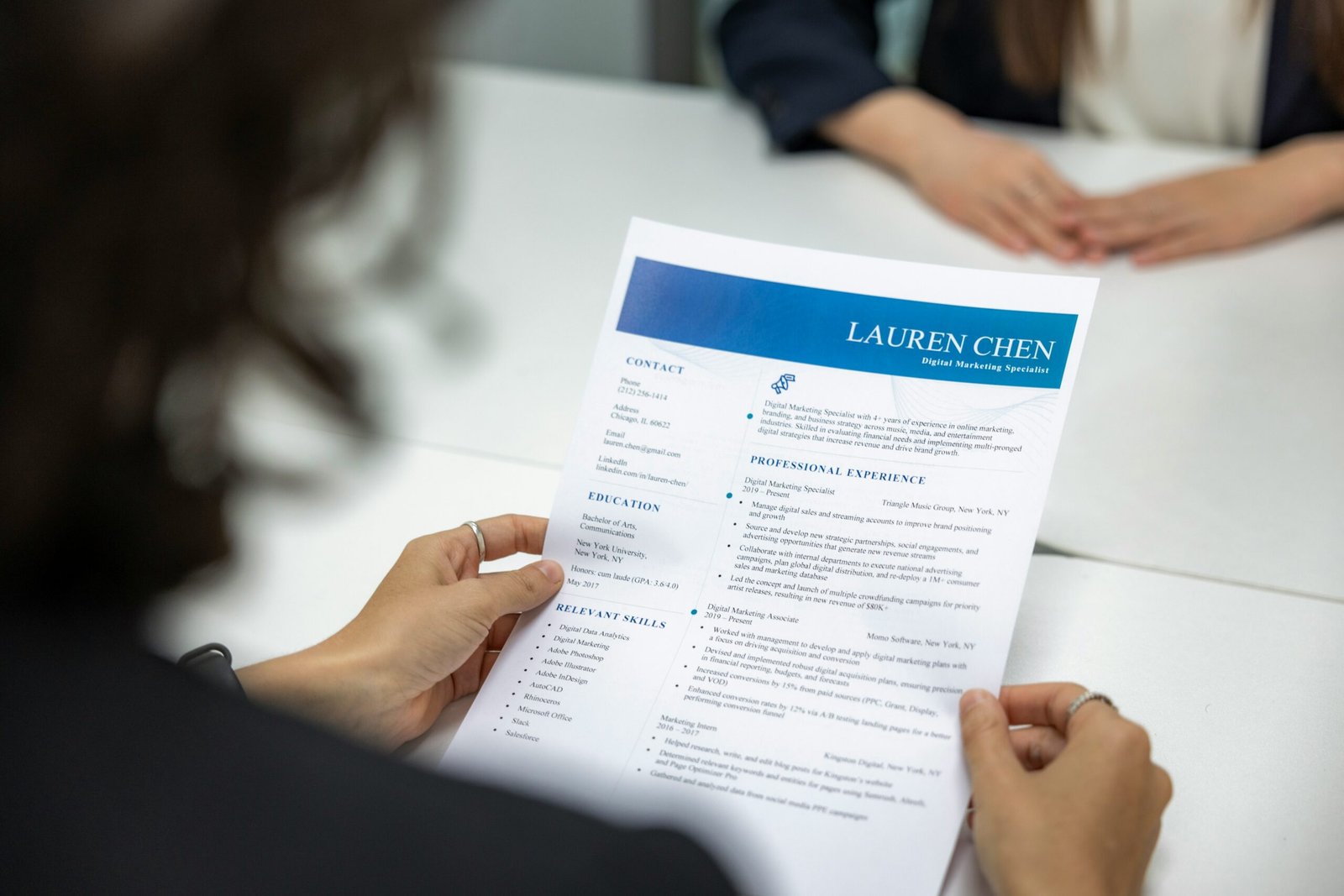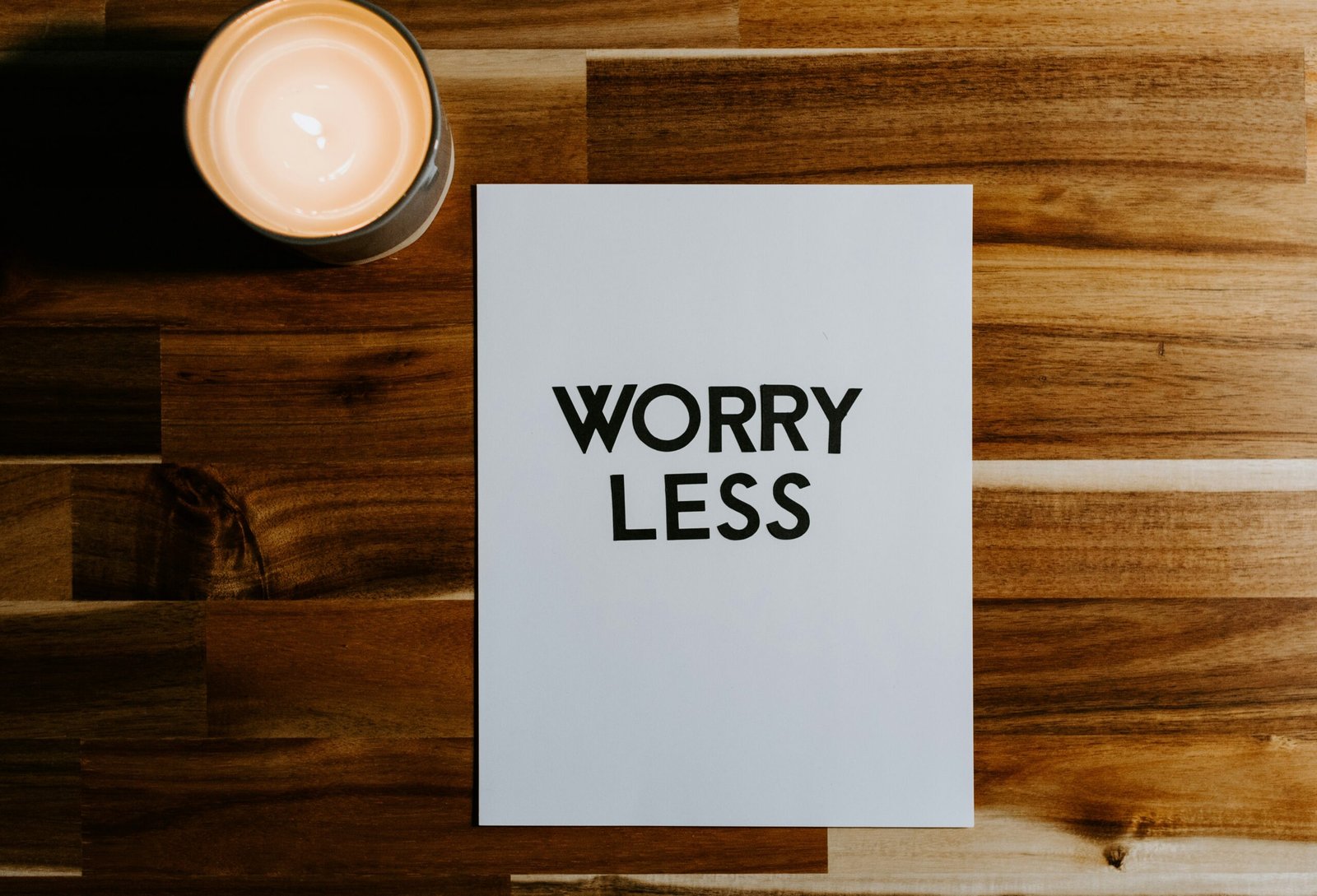Introduction to Tough Interview Questions
In today’s competitive job market, candidates are often faced with tough interview questions designed to test their skills, knowledge, and composure. These questions are not just hurdles but opportunities for candidates to demonstrate their problem-solving abilities, critical thinking, and suitability for the role. Interviewers ask tough questions to gauge how candidates handle pressure, reveal their thought processes, and identify genuine reactions. Therefore, mastering the art of answering these questions can significantly set a candidate apart from the rest.
Being prepared for challenging interview questions is crucial. It reflects a candidate’s ability to anticipate and effectively respond to complex scenarios, which is a highly valued trait in most professional settings. Preparation involves understanding the types of questions that may be asked, practicing responses, and developing strategies to remain calm and collected under pressure. This preparation not only boosts confidence but also enhances the clarity and coherence of the responses given during the interview.
Furthermore, tough interview questions provide a platform for candidates to showcase their unique strengths and experiences. When answered thoughtfully, these questions can highlight a candidate’s expertise, adaptability, and leadership qualities. They offer a chance to present real-life examples that demonstrate how past experiences have equipped the candidate with the skills needed for the job. Hence, thorough preparation and practice can transform these daunting questions into opportunities to shine.
In summary, tough interview questions are an integral part of the job interview process. They serve to differentiate candidates and identify those who are truly prepared and capable of excelling in the role. By understanding the rationale behind these questions and preparing effectively, candidates can approach their interviews with confidence and poise, ultimately enhancing their chances of success.
Understanding the Interviewer’s Perspective
When preparing for an interview, it’s crucial to understand the interviewer’s perspective. Interviewers often pose tough questions to evaluate various aspects of a candidate’s qualifications and personality. These challenging inquiries are not merely to put you on the spot; they serve multiple essential purposes.
Firstly, tough questions help interviewers assess a candidate’s problem-solving skills. By presenting hypothetical scenarios or complex problems, interviewers can gauge how a candidate approaches challenges, thinks critically, and arrives at solutions. This is particularly relevant for roles that require quick thinking and adaptability in dynamic environments.
Secondly, honesty and integrity are key attributes that interviewers seek. Tough questions, such as inquiries about past failures or ethical dilemmas, are designed to reveal a candidate’s truthfulness and moral compass. How you handle these questions provides insight into your character and reliability, which are critical for long-term success within the organization.
Moreover, determining cultural fit is another significant reason interviewers ask challenging questions. Companies aim to build cohesive teams where members share core values and work harmoniously. Through questions about your work style, values, and responses to workplace scenarios, interviewers can evaluate whether you align with the company’s culture and ethos.
Common types of tough questions include behavioral questions, situational questions, and questions about weaknesses or failures. Behavioral questions, such as “Tell me about a time you faced a significant challenge at work,” are designed to understand past behaviors as indicators of future performance. Situational questions, like “How would you handle an underperforming team member?” assess your hypothetical problem-solving skills. Questions about weaknesses or failures, such as “What is your biggest weakness?” aim to uncover self-awareness and the ability to learn from past experiences.
In essence, tough interview questions are strategic tools used by interviewers to delve deeper into a candidate’s capabilities, honesty, and suitability for the company culture. Understanding this perspective can help you prepare more effectively and respond with confidence, showcasing your strengths and potential as a valuable addition to the team.
Research and Preparation
Thorough research and preparation are critical when it comes to answering tough interview questions with confidence. Understanding the company, its culture, and the specifics of the role can significantly enhance your ability to provide well-informed and relevant responses. Start by exploring the company’s website, social media profiles, and recent news articles. Familiarize yourself with their mission, values, products or services, and recent achievements. This knowledge will enable you to tailor your answers to align with the company’s goals and demonstrate your genuine interest.
Equally important is understanding the role you are applying for. Review the job description in detail and identify the key skills and qualifications required. Consider how your past experiences and accomplishments align with these requirements. This will help you prepare specific examples that highlight your suitability for the position.
In addition to company and role-specific research, it is beneficial to anticipate common industry-specific tough questions. These may include queries about your problem-solving abilities, handling conflict, or managing stress. Research typical questions for your industry and practice your responses. This preparation will enable you to articulate your thoughts clearly and concisely during the actual interview.
Mock interviews are an invaluable tool in your preparation toolkit. Conducting mock interviews with friends, mentors, or career coaches can provide you with constructive feedback on your performance. Practice answering tough questions in a simulated interview setting to build your confidence and improve your delivery. Pay attention to the feedback you receive and make necessary adjustments to refine your responses.
Overall, diligent research and preparation can significantly reduce the anxiety associated with tough interview questions. By being well-prepared, you can approach the interview with confidence, showcasing your knowledge, skills, and suitability for the role.
Techniques for Staying Calm and Composed
Maintaining composure during a job interview is pivotal for showcasing your best self. One effective strategy is practicing deep breathing techniques. Deep breathing helps to activate the body’s relaxation response, reducing anxiety and promoting a sense of calm. By taking slow, deep breaths before and even during the interview, you can manage nervous energy and stay centered.
Another powerful technique is positive visualization. Visualizing a successful interview experience can significantly boost your confidence. Imagine yourself answering questions thoughtfully and engaging positively with the interviewer. This mental rehearsal can condition your mind to expect success, making you more likely to perform well.
Mindfulness, the practice of being fully present in the moment, is also invaluable. During an interview, it’s easy to become distracted by worries about how you’re being perceived or by overthinking your responses. Mindfulness helps you focus on the current interaction, allowing you to listen carefully to the questions and respond thoughtfully. Techniques such as grounding exercises, where you focus on physical sensations like your feet touching the ground, can bring you back to the present moment.
Handling nervousness effectively involves acknowledging it without letting it take control. Accept that some level of nervousness is natural and can even be beneficial by keeping you alert. Reframe your nervousness as excitement about the opportunity. This shift in perspective can transform anxious energy into enthusiasm, enhancing your performance.
Preparing thoroughly can also alleviate anxiety. Familiarize yourself with common interview questions and practice your responses. The more prepared you feel, the more confident you will be. Additionally, bringing notes with key points can serve as a helpful reference, ensuring you cover essential information without losing focus.
By integrating these strategies—deep breathing, positive visualization, mindfulness, and thorough preparation—you can maintain your composure, handle nervousness effectively, and provide thoughtful, confident answers during your interview.
Structuring Your Answers Effectively
When faced with challenging interview questions, structuring your responses effectively is crucial for demonstrating clarity and confidence. One widely recommended technique is the STAR method, which stands for Situation, Task, Action, and Result. This approach helps in organizing your thoughts and presenting them in a coherent manner, ensuring that your answers are both comprehensive and focused.
To begin with, the Situation involves describing the context within which you had to address a particular challenge or task. This helps set the stage for your response and provides the interviewer with necessary background information. For instance, if asked about a time you managed a difficult project, you might start by explaining the project’s scope and the challenges you faced.
Next, the Task component requires you to detail your specific responsibilities in the given situation. This part of your answer should highlight what was expected of you or the objectives you needed to achieve. Continuing with the previous example, you could explain your role in the project and what tasks were essential for its success.
The Action step is crucial, as it outlines the specific steps you took to address the situation and complete the task. This part of your response should focus on your contributions and the strategies you employed. For example, you might discuss how you coordinated with team members, managed resources, and resolved any issues that arose during the project.
Finally, the Result section of your answer should describe the outcomes of your actions. Whenever possible, quantify your results to add impact to your response. You could mention how the project was completed on time, within budget, and met all client expectations, emphasizing the positive results of your efforts.
By consistently applying the STAR method, you can ensure your answers to tough interview questions are clear, concise, and relevant. This structured approach not only helps you stay focused but also demonstrates to interviewers that you possess strong problem-solving and communication skills, essential attributes for any successful candidate.
Handling Unexpected Questions
Navigating unexpected questions during an interview can be daunting, but with the right strategies, you can handle them confidently. First and foremost, if a question catches you off guard, do not rush to respond. It is perfectly acceptable to take a moment to gather your thoughts. A brief pause demonstrates that you are thoughtful and composed under pressure.
Another effective tactic is to ask for clarification if the question is ambiguous or complex. This not only provides you with additional time to think but also ensures you fully understand what is being asked. For instance, you might say, “Could you please elaborate on what you mean by that?” or “Can you provide an example?” This step helps to clarify the interviewer’s intent and gives you a clearer direction for your response.
If you still find yourself unsure of how to answer, consider pivoting to a related experience or skill. Drawing parallels between the question and your previous experiences can showcase your adaptability and problem-solving abilities. For example, if asked about a situation you have not directly encountered, you could respond with, “While I haven’t faced that specific situation, I have dealt with a similar challenge where I…” and then describe a relevant experience.
Moreover, maintaining a positive and confident demeanor is critical. Even if you are unsure of your response, speaking with conviction and enthusiasm can leave a positive impression. Remember, interviews are as much about assessing your attitude and approach as they are about your direct answers.
Incorporating these strategies—taking a moment to think, asking for clarification, and pivoting to related experiences—can help you handle unexpected interview questions with confidence and poise. These techniques not only demonstrate your ability to think on your feet but also highlight your communication skills and adaptability, which are highly valued traits in any professional setting.
Common Tough Questions and Sample Answers
During interviews, candidates often face challenging questions designed to test their problem-solving abilities, critical thinking, and composure under pressure. Below are some common tough interview questions along with sample answers that illustrate how to answer with confidence and competence.
1. “Can you tell me about a time you failed?”
Sample Answer: “Absolutely. In my previous role, I was responsible for leading a project that, unfortunately, did not meet its deadlines due to unforeseen technical issues. I took full responsibility and immediately implemented a review process to identify what went wrong. I learned the importance of contingency planning and have since successfully led several projects to completion by applying those lessons.”
This answer is effective because it showcases accountability, problem-solving skills, and the ability to learn from mistakes—qualities highly valued by employers.
2. “Why should we hire you over other candidates?”
Sample Answer: “I believe my unique combination of skills and experiences makes me a strong candidate for this position. My background in project management, coupled with my technical expertise, allows me to bridge the gap between teams and ensure projects are completed efficiently. Furthermore, my proactive approach to problem-solving and my commitment to continuous learning ensure that I am always prepared to tackle new challenges.”
This response demonstrates self-awareness, highlights specific skills, and conveys a forward-thinking attitude. It effectively communicates why the candidate stands out.
3. “Where do you see yourself in five years?”
Sample Answer: “In five years, I see myself advancing within this organization, taking on more responsibilities and possibly leading a team. I am particularly interested in developing my skills in [specific area] and contributing to the company’s long-term goals. I am committed to growing alongside the company and making a meaningful impact.”
This answer is effective because it shows ambition, aligns personal goals with the company’s objectives, and indicates a long-term commitment.
By preparing thoughtful answers to these tough questions, candidates can convey confidence and competence, leaving a positive impression on potential employers. These responses not only address the questions directly but also highlight essential qualities such as adaptability, leadership, and strategic thinking.
Post-Interview Reflection and Improvement
Reflecting on your performance after an interview is a crucial step in the job application process. It provides an opportunity to analyze what went well and identify areas for improvement, ultimately helping you to answer tough interview questions with greater confidence in the future.
Firstly, take some time to jot down your thoughts about the interview while they are still fresh in your mind. Consider the questions you were asked and your responses. Were there moments where you felt particularly confident or, conversely, times when you struggled to articulate your thoughts? By identifying these moments, you can start to understand your strengths and weaknesses.
Next, seek feedback from the interviewer if possible. While not all interviewers may be able to provide detailed feedback, any insights they offer can be invaluable. Constructive criticism can give you a clearer picture of how you are perceived and what specific areas need improvement. If direct feedback is not available, consider asking a mentor or colleague to conduct mock interviews with you, providing their perspective on your performance.
Another beneficial practice is to continue rehearsing your answers to common interview questions. Utilize resources such as online interview guides, workshops, and professional coaching services to refine your responses. Consistent practice not only helps you to become more familiar with potential questions but also builds your overall confidence.
Additionally, review the job description and company information again to ensure that your answers align with the role’s requirements and the organization’s culture. Tailoring your responses to highlight your relevant skills and experiences can make a significant difference in future interviews.
By dedicating time to post-interview reflection and actively seeking ways to improve, you enhance your ability to navigate tough interview questions. This continuous process of self-assessment and practice not only boosts your confidence but also increases your chances of success in securing your desired job.





